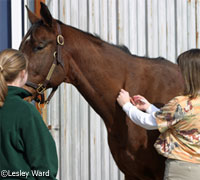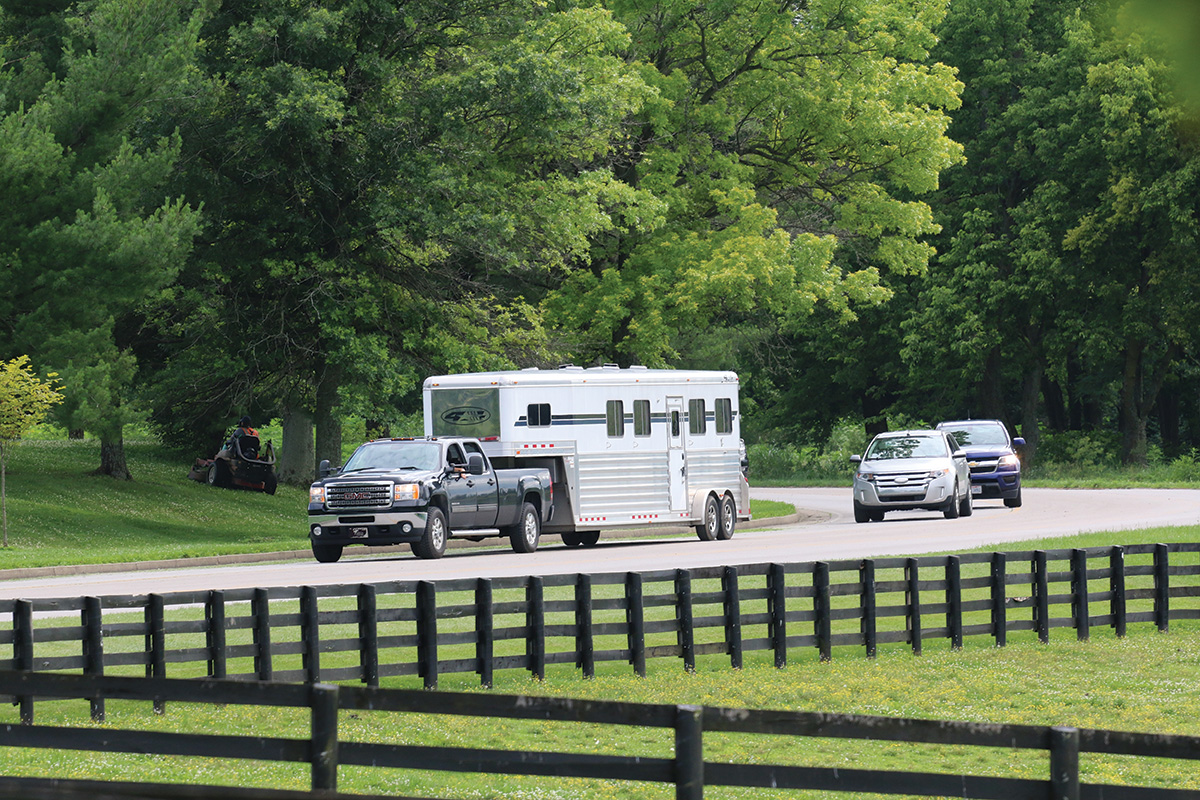 With summer just around the corner, many of us are getting ready to enjoy the prime time of our equine-enthusiast lives. Along with the increased activity and travel with our horses comes an increased threat of equine infectious disease, especially infectious upper respiratory diseases like equine influenza, equine herpesvirus (rhino) and strangles.
With summer just around the corner, many of us are getting ready to enjoy the prime time of our equine-enthusiast lives. Along with the increased activity and travel with our horses comes an increased threat of equine infectious disease, especially infectious upper respiratory diseases like equine influenza, equine herpesvirus (rhino) and strangles.
The key component to an infectious disease control program is a good vaccination protocol developed by you and your veterinarian. However, it must be recognized that vaccination programs will not succeed without appropriate management practices. Here are some tips to decrease the chances of your horse getting sick from an infectious or contagious disease while traveling:
- Start with a good vaccination program developed by you and your veterinarian.
- Whenever possible use your own trailer and avoid shipping with horses from other farms. Make sure the trailer is clean and well-ventilated.
- Avoid hauling long distances.
- Don’t let your horse touch other horses, especially nose-to-nose.
- Avoid using community water tanks and don’t share equipment (water buckets, feed pans, brushes, etc.)
- Spray or disinfect stalls at show grounds prior to putting your horse in the stall.
- Wash your hands after handling other horses and before handling your own horse.
Horse owners can enhance their horse’s response to vaccination, enhance the efficacy of the vaccines used and better protect their horses against infectious and contagious diseases by applying intelligent and appropriate management strategies while they are on the road this summer.





THANKS FOR THE TIPS. ITS NOT SO BAD AFTER ALL TO USE YOUR OWN THINGS AND NOT SHARE!
Great info! Thanks!
Great advice.
Usefull info!
I`ll now that when rideing that THANK HORSE CHANNEL.